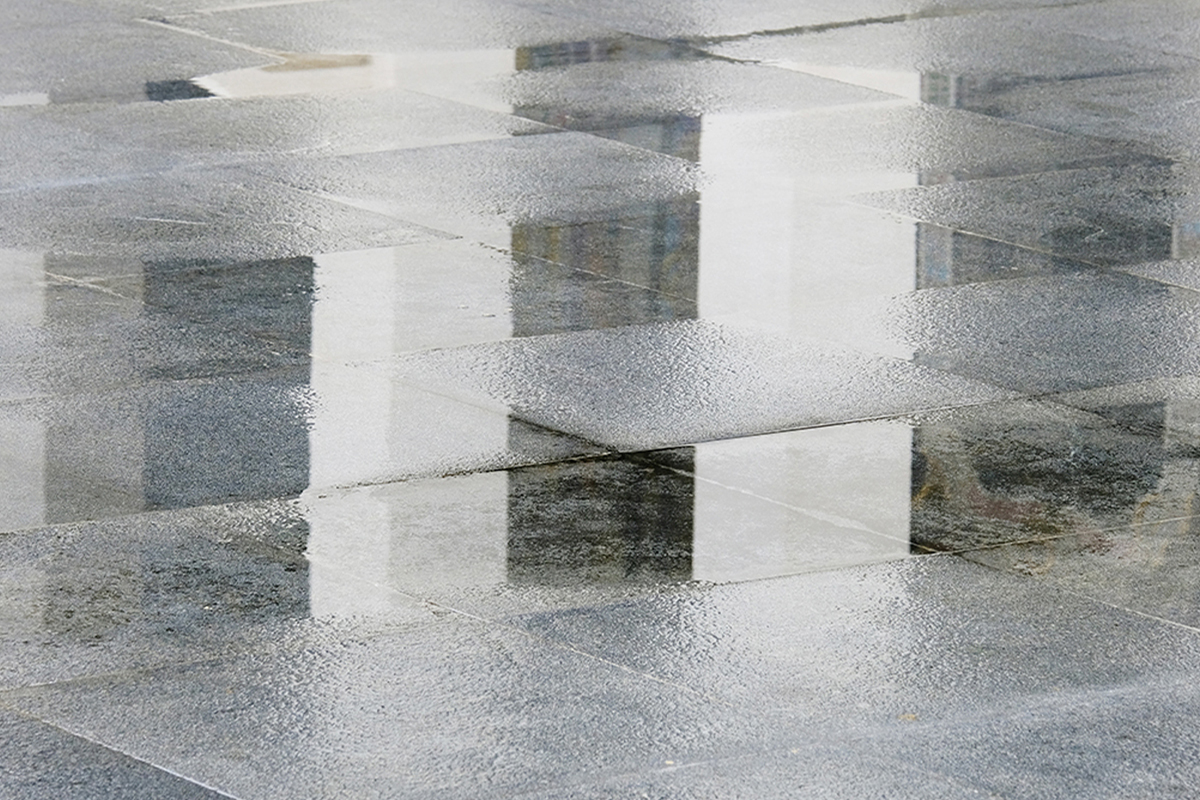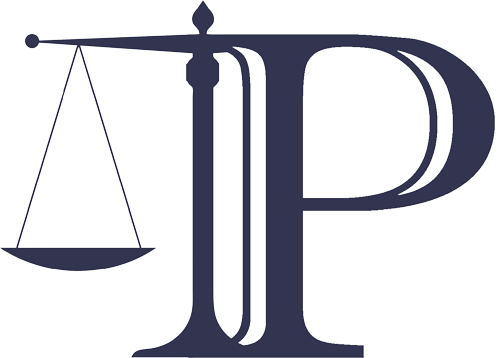Premises liability holds property owners accountable for accidents or injuries that occur on their premises. Paxton Law Firm ensures victims of premises liability injuries receive the maximum possible compensation for injuries sustained due to negligence.
You Deserve Fair Compensation…
Regardless of Your Citizenship or Documentation
Premises liability refers to the legal responsibility of property owners to ensure their premises are safe for visitors. This includes maintaining safe conditions, repairing hazards promptly, and providing adequate warnings for potential dangers. In Texas, property owners owe a duty of care to both invitees and licensees, ensuring they are protected from foreseeable harm while on the premises. Common examples of premises liability cases include slip and fall accidents, inadequate security leading to assaults, and dangerous conditions causing injuries.
At Paxton Law Firm, we understand that accidents can happen to anyone, regardless of their citizenship status or documentation. We have found that many individuals without proper documentation avoid seeking help for their troubles because they fear legal repercussions like deportation. However, all individuals have the right to seek fair compensation for injuries caused by another party’s negligence, irrespective of their documentation status. Our team is dedicated to helping all individuals pursue justice and fair compensation for their injuries.
The Types of Premises Liability Cases We Handle
Chemical Plant Explosions
Chemical plant explosions are among the most catastrophic incidents, often resulting in devastating injuries, fatalities, and widespread property damage. Our firm understands the complexities involved in these cases, including the intricate regulations governing chemical plants and the various parties potentially liable for the explosion. We meticulously investigate the circumstances surrounding the explosion, identify all responsible parties, and pursue compensation for our clients’ injuries, medical expenses, lost income, and other damages.
Chemical Plant Work Injuries
Working in a chemical plant poses numerous risks to employees, from exposure to toxic substances to accidents involving heavy machinery. When workers sustain injuries on the job due to negligence or unsafe working conditions, our attorneys specialize in dealing with workers’ compensation laws and pursuing additional compensation through personal injury claims. We advocate tirelessly for injured workers, ensuring they receive the full scope of benefits and compensation they’re entitled to under the law.
Commercial Building Accidents
Accidents in commercial buildings can encompass a wide range of scenarios, including slip and fall incidents, elevator accidents, and injuries resulting from negligent security measures. Our firm represents individuals who have suffered injuries in commercial building accidents, holding property owners, landlords, and management companies accountable for their failure to maintain safe premises. We conduct thorough investigations, gather evidence, and employ expert testimony to build compelling cases on behalf of our clients.
Construction Site Accidents
Construction sites are inherently hazardous environments, with workers facing risks such as falls from heights, electrocution, and accidents involving heavy machinery. Our attorneys possess a deep understanding of construction site safety regulations and industry standards, allowing us to effectively advocate for injured workers’ rights. We work tirelessly to investigate the causes of construction site accidents, identify liable parties, and pursue compensation for our clients’ medical expenses, lost wages, pain and suffering, and other damages.
Jones Act/Maritime Law Injuries
Maritime workers, including seamen and offshore workers, are protected by special laws such as the Jones Act, which provides avenues for compensation in cases of injury or wrongful death caused by negligence. Our firm has extensive experience handling Jones Act and maritime law cases, advocating for the rights of injured workers and their families. We understand the unique challenges and complexities involved in maritime injury claims and are committed to securing the maximum compensation our clients deserve.
Oil Rig Accidents
Oil rig workers face numerous hazards on the job, including fires, explosions, toxic chemical exposure, and equipment malfunctions. When accidents occur due to negligence or unsafe working conditions, our attorneys are adept at investigating the causes and pursuing compensation for injured workers and their families. We understand the unique legal and regulatory framework governing the oil and gas industry, allowing us to effectively advocate for our clients’ rights and interests.
Slip & Fall Accidents
Slip-and-fall accidents can happen anywhere, from grocery stores and restaurants to sidewalks and parking lots. Property owners have a legal duty to maintain safe premises and prevent hazards such as wet floors, uneven surfaces, and inadequate lighting. Our firm represents individuals who have been injured in slip-and-fall accidents, and we hold property owners accountable for their negligence. We pursue compensation for our clients’ medical expenses, lost wages, pain and suffering, and other damages.

Workplace Injuries
Workplace injuries can occur in any industry, from office settings to manufacturing plants. Whether an injury results from a machinery malfunction, exposure to hazardous substances, or a slip-and-fall accident, our attorneys are dedicated to protecting the rights of injured workers. We specialize in handling workers’ compensation laws and pursue additional compensation through personal injury claims when appropriate, ensuring that injured workers receive the full scope of benefits and compensation they’re entitled to under the law.

Lady Justice Is Blind…
but We Help Her See the Truth
Paxton Law Firm is committed to providing unparalleled advocacy to our clients, guided by the principle that every individual deserves to be heard. We recognize the profound physical, emotional, and financial impact that accidents and injuries can have on individuals and their families and are committed to providing compassionate legal representation. If you or a loved one has been injured due to another party’s negligence, don’t hesitate to contact Paxton Law Firm for a free consultation.
